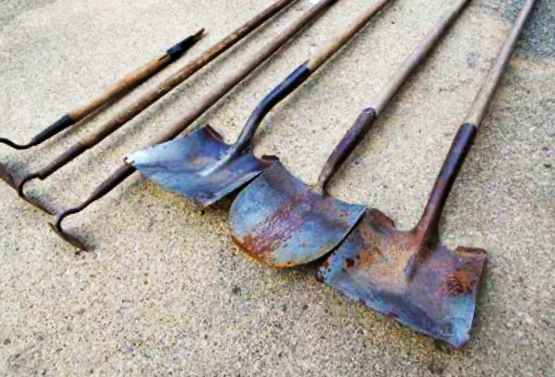
If you hope for justice, why would you be silent about crimes against family members and neighbors? Why would you impede an inquiry into the fate of these victims?
But maybe you don’t hope for justice. Maybe you only fear retaliation.
That may be your feeling as a Uyghur in an isolated village of Uyghurs, many of whom could provide details of gross injustices committed by officials of the Chinese state. After the evidence has been provided—to outsiders with no direct power to punish wrongdoers or enact permanent fundamental reform—what happens next?
“Homes of people who went missing in China’s crackdown on its Muslim minorities stand locked and silent in Xinjiang’s rural heartland,” explains an article in Agence France-Presse (September 13, 2023).
Over one million people were allegedly detained, with reports surfacing of widespread abuses, including violence, rape and political indoctrination. . . .
Police records obtained by the German scholar Adrian Zenz indicate up to half of adult men in [four Uyghur-majority villages in the southern Xinjiang county of Yarkant] may have been rounded up at the height of the campaign.
One of them was Abduqahar Ebeydulla—a husband, father and imam in his late 30s—who vanished into police custody in 2016. . . .
In Abduqahar’s home village of Bostan, the sound of livestock and piles of fresh-looking straw indicated that his family farmhouse was occupied.
But high metal doors to the single-story home were locked.
AFP did not knock on the door or approach neighbours for interviews to protect them from repercussions. Further observations were disrupted when a group of Uyghur men—some brandishing farm tools—ordered reporters to leave.
AFP recounts several other incidents of village Uyghurs refusing to talk to reporters or chasing them away. Perhaps not all of the villagers were motivated by fear of repercussions for facilitating an act of journalism. But this is the impression given by the report.





